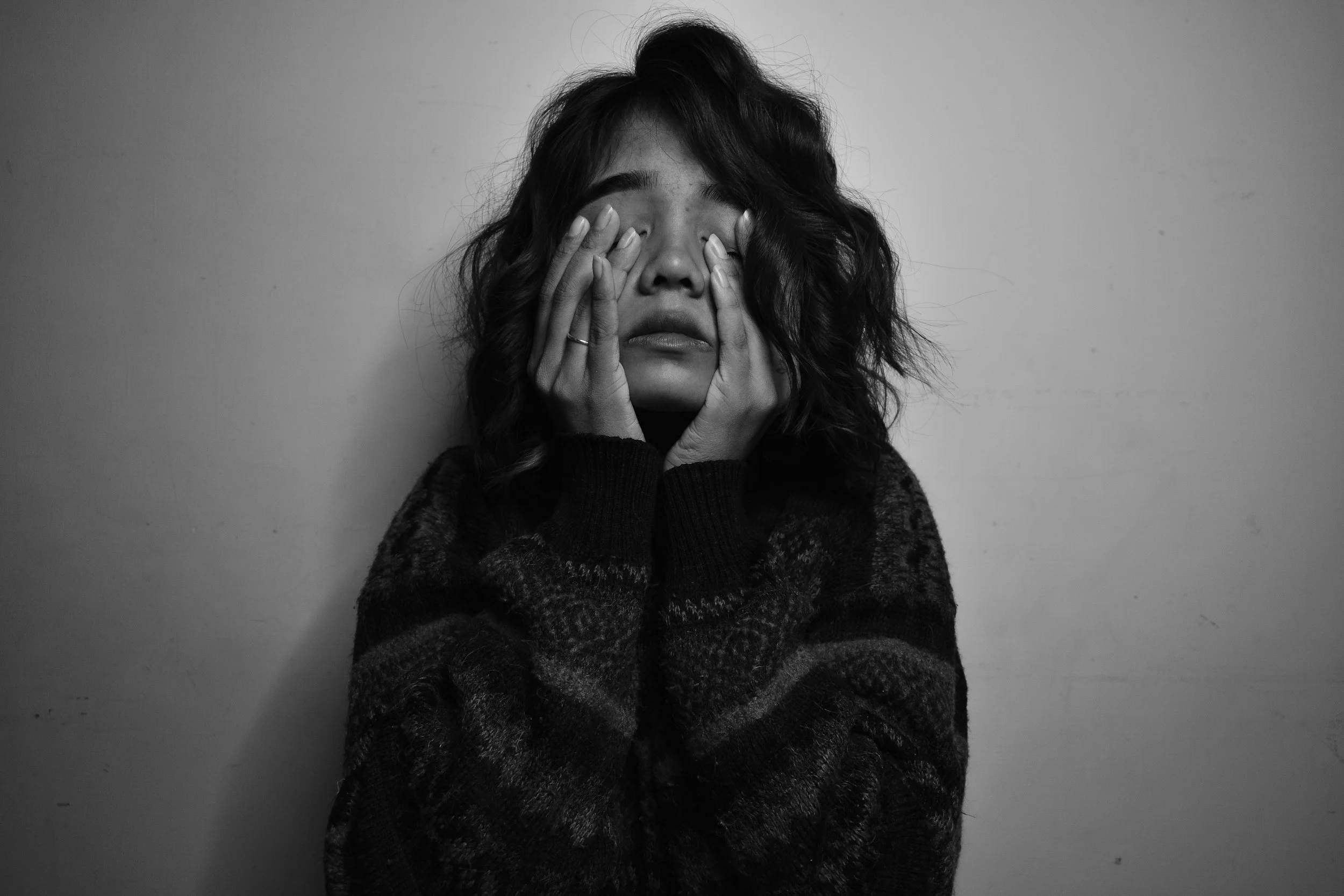
Mood Disorders
-
What are Mood Disorders?
Mood disorders are a group of mental health conditions that primarily affect a person’s emotional state. They involve prolonged or intense ch anges in mood that interfere with daily life, relationships, and overall well-being. Unlike typical ups and downs, mood disorders can be persistent and may require professional treatment and ongoing support.
-
Mood Disorder Symptoms
Symptoms vary depending on the specific disorder (such as depression, bipolar disorder, or dysthymia), but common signs include:
Persistent sadness or hopelessness
Loss of interest in activities once enjoyed
Irritability or mood swings
Changes in sleep (insomnia or oversleeping)
Changes in appetite or weight
Difficulty concentrating or making decisions
Fatigue or low energy
Thoughts of worthlessness, guilt, or, in severe cases, self-harm
-
How Are Mood Disorders Treated?
We can help individuals living with mood disorders—such as depression, bipolar disorder, or persistent mood changes—by offering a safe and supportive space to better understand their experiences and learn tools to manage them. Approaches like Cognitive Behavioral Therapy (CBT) can help identify and shift negative thought patterns, while mindfulness practices bring calm and stability when emotions feel overwhelming. Acceptance and Commitment Therapy (ACT) supports clients in reconnecting with personal values and creating a life of meaning, even when difficult moods are present. For those wanting to explore the deeper roots of their struggles, psychodynamic therapy provides space to uncover patterns shaped by past experiences. Therapy doesn’t erase the natural ups and downs of life, but it nurtures resilience, helps regulate emotions, and offers hope for steadier, more fulfilling days ahead.
-
Helping A Friend Or Loved One
Supporting someone with a mood disorder involves patience, empathy, and consistency. You can help by:
Listening without judgment and validating their feelings
Encouraging professional help gently but firmly if needed
Respecting their experiences—avoid saying “just cheer up”
Being patient with recovery—progress can take time and may include setbacks
Offering practical support, like helping with daily tasks or accompanying them to appointments
Checking in regularly, even if they seem withdrawn
Mood Disorders FAQs
-
No. Mood disorders are legitimate medical and psychological conditions that affect brain chemistry, thought patterns, and behavior. They are not a matter of willpower.
-
Yes, genetics can play a role. However, environment, stress, and life experiences also contribute.
-
Depression involves persistent sadness and lack of energy, while bipolar disorder includes episodes of depression and episodes of elevated mood (mania or hypomania).
-
Healthy routines—like good sleep, exercise, and stress management—can help but are usually most effective when combined with professional treatment.
-
With treatment, support, and coping strategies, many people successfully manage their symptoms and lead rich, meaningful lives.



